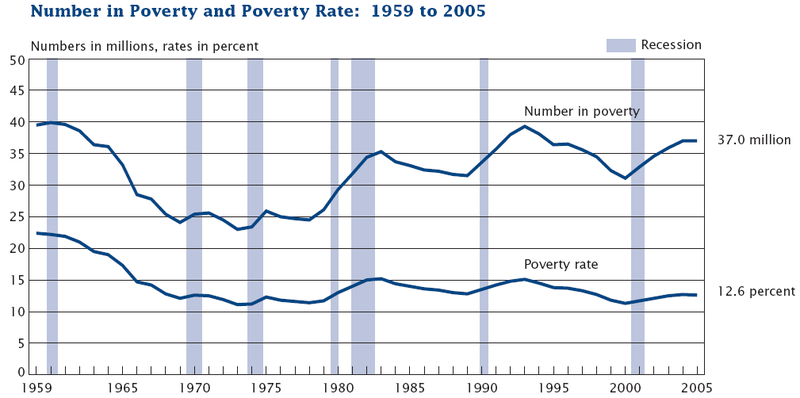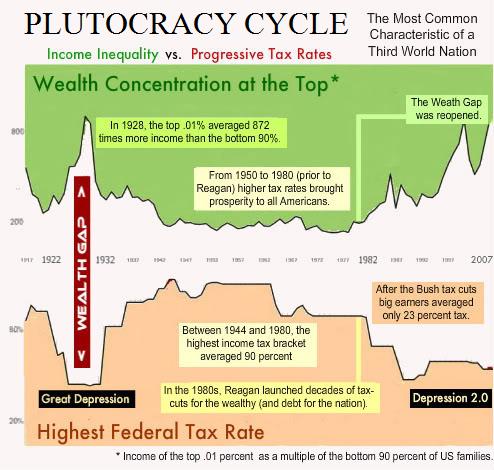- Feb 12, 2007
- 59,384
- 24,018
- 2,290
The way to find your way out of poverty is work your way out of poverty. This is not an easy thing to do. If you come from poverty, it is likely that you have nobody to show you how to do this. Outside of mastering a skill or developing a steady, consistant work ethic, you must also understand that the Boss is not automatically your enemy.
A kid who understands team work in a sports sense may not understand that it applies in a workplace, also. If he can be taught to see and communicate with the boss as he would with a coach, he will find greater success than he will if he sees the boss as a cop and communicates with him as he would if he was a criminal.
I've had the same conversation with a pretty good number of kids who are in the "first real job" trying to bring them to an understanding of how to speak with the supervisor and how to offer themselves to the team in order that they advance in the company.
The problem is not that they are stupid or that they are incapable. The problem is that they have been beat by circmstance so often that they have become afraid to hope. The slightest obstacle fulfils their own prophecy that the game is rigged. My life has taught me that there is always another way if this one doesn't work.
Their lives' experiences have often demonstrated that every way leads to the same dead end.
If you add to that sum of experience limited literacy or a criminal record, you start to understand the "cycle of poverty".
If you have nothing, it takes very little to lose it all. Every problem could spell the end and every conflict could change your life.
Good points. Experiences do affect the development of a child into a responsible adult.
The experiences fostered by the Great Society Programs have been ones of abdication of responsibility, aggrieved victimhood, and dependence upon the government. Given the generations produced, the Great Society has been an EPIC FAIL.
Last edited:





